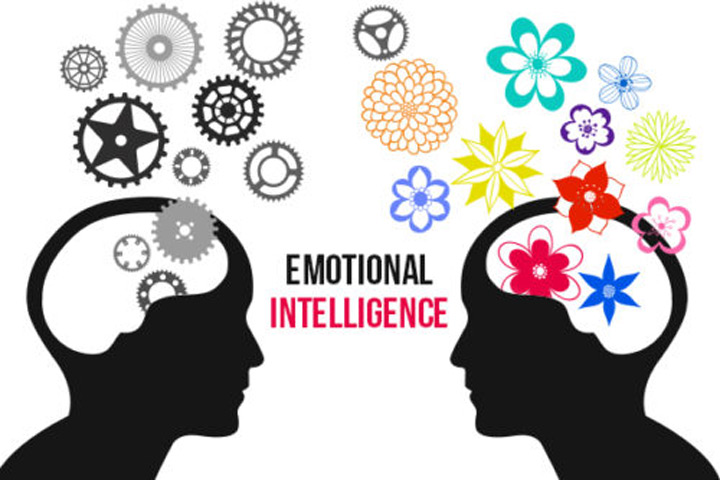 Leaders and Emotional Intelligence
Leaders and Emotional IntelligenceThe need for Emotional intelligence as a vital input for holistic development is being stressed in all HR platforms. Any process of growth and development without an increasing level of emotional intelligence is considered unbalanced. The success of individuals is largely attributed to the way they approached the problems, handled them, and processed them rather than their intellectual input. When it comes to a leader, his level of EQ has to be definitely higher than that of the members of the team. Daniel Goleman observed after interviewing hundreds of leaders that the key to Executive leadership was more emotional than intellectual. In other words, the defining factor for the successful leaders is their emotional quotient.
The core skills of emotional intelligence have been identified as:
In a world that is becoming a global village, most leaders need to have a greater global sensitivity. They need to understand the implication of their decisions both at the local level as well as at global level. They also need to understand the implication of the decisions taken at various global platforms on the local context. In other words, they need to acquire a global mindset.
Stephen Rhinesmith extended this idea to the concept of global leadership and found what the global leaders required was:

These run concurrent to the core skills identified by Daniel Goleman in his book on “Emotional intelligence.”
The decision-making strategies of global leaders have to be different from the national leaders or local leaders. In the former case, the decisions have to be taken taking in view multiple reference points as against the latter where the reference points are limited. Similarly, global leaders need to study the interactions between various world views on thought patterns and their social, political, and economic domains.
While the decision-making process at the local level has to fast, speedy and in the context of local market fluctuations, the decisions for global level has to be slow and call for careful study of the implications of the decisions. The global leaders should acquire the capacity to see the beyond, understand and appreciate the differences among the global cultures.
Stephen classifies the global cultures into two categories:
In the former type, it is more based on material facts while in the latter it is based more relationships, compatibility and ownership.
Global emotional intelligence is important in all workstations where we engage into activities that attract global implications. In the twenty-first century educational systems world over, there is an increasing stress on global emotional intelligence so that the emerging generation has the ability to understand and appreciate cross-cultural dynamics.
These will shortly become a part of the core Life skills we need. Can we apply our mind in this direction?
Image courtesy:http://www.invistaperforms.org/wp-content/uploads/2018/03/JS-blog-picture-e1520460645571.jpg